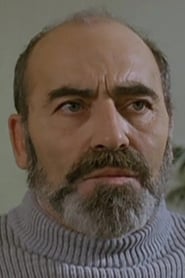

Normal everyday life in an apartment building on Plantagenstraße in East Berlin is disrupted when a truck pulls up with the new tenants' furniture. And they include two small children - now, of all times, when old Matuschke's wife has just died and consideration should actually be shown for the widower. Even worse for Mrs. Tillack, however, is the fact that the entire male world seems to be after her 16-year-old daughter Katrin.
No Trailers found.
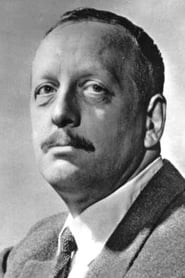
Richard Matuschke
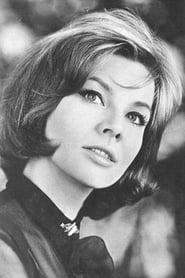
Helga Arnold

Wolfgang Arnold

Hartmut Arnold

Alexander Arnold
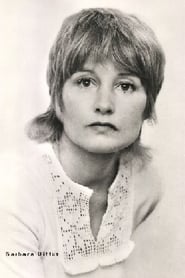
Marianne Madäus
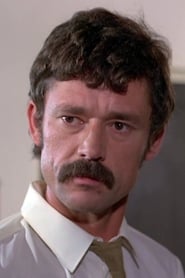
Manfred Madäus

Frau Tillack
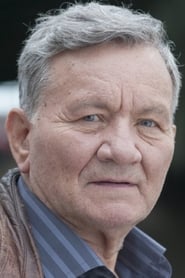
Abschnittsbevollmächtigter


